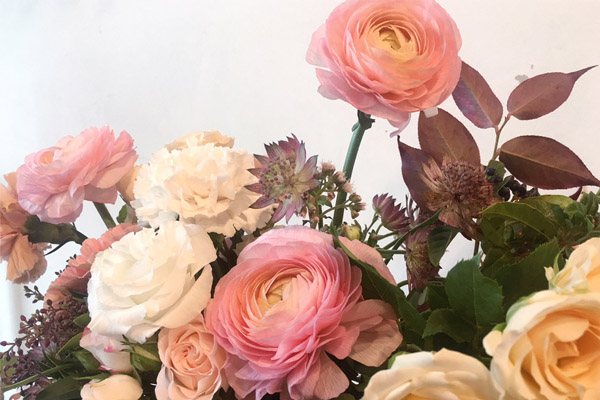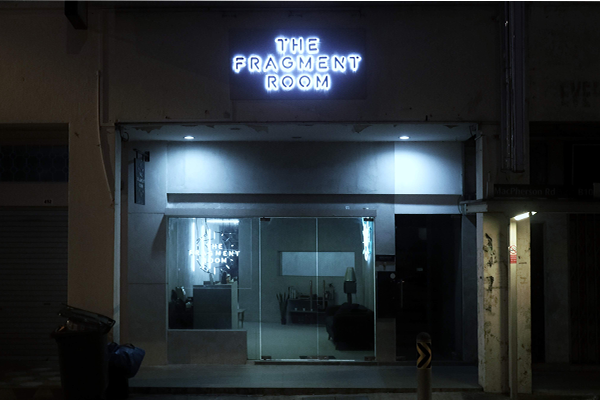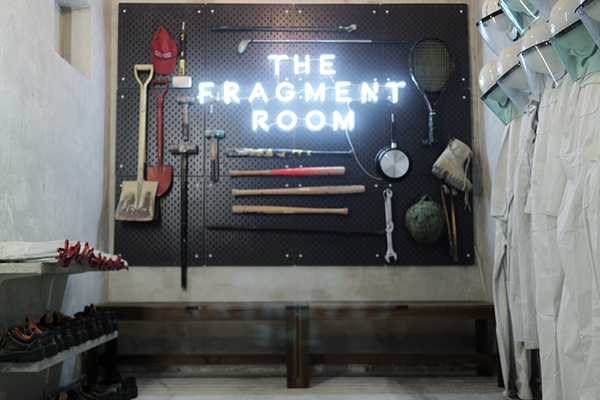What is the science of love and experience?
Magicbox

Valentine’s Day is coming. Some of us are single and love it, some of us are all loved up in new relationships, and some of us are many years or decades into family life. How can we use science to help our relationships blossom wherever we are in them?
The biochemistry of love
All relationships are underpinned by attachment. Biochemically speaking, attachment comes from oxytocin and vasopressin. These are the same hormones that create non-romantic bonds, like the one between mother and child. Oxytocin is known as the trust and cuddle hormone. In contrast, lust and attraction are exclusive to romantic relationships.
Your initial stages of attraction are heavily influenced by testosterone and oestrogen (the lust hormones) that drive you to reproduce. They don’t last, especially once you’ve reproduced and the tiredness sets in! You can keep attraction going for quite a bit longer than lust. It turns out that attraction is governed by norepinephrine (a type of adrenaline), dopamine, and serotonin. Lust and attraction both shut off the prefrontal cortex of your brain – meaning it’s difficult to be rational in those states and your emotions are in the driving seat. In attraction and lust, the reward centres of our brain are firing up.
Attraction is basically what stops a long-term partner from becoming just a roommate or a love interest getting stuck in the friend zone. The longest lust has been measured to last is two years, but attraction on the other had appears to do the heavy lifting in long-term romantic relatonships. It’s important to cultivate attraction if you want to be happy in 20 years’ time.
The biochemistry of experiences
Did I mention that attraction is governed by norepinephrine (a type of adrenaline), dopamine, and serotonin? Well it turns out that these are the very same chemicals that spike when you have a new experience.
Dr Gottman is one of the world’s premier marriage psychologist, this guy can predict which newly-married couples will still be married in 5 years with a 98% accuracy. He says that you need just 90 minutes a week together to talk about your life, how things are going, what admin your doing etc to keep your marriage together.
The logical conclusion seems to be that sharing new experiences together keeps your romance alive long term and keeps your marriage together.
Experiments in increasing love that you can try at home
While you are out on your experiences, building your relationship up into something wonderful, you can try some of these activities. Psychologists do like do experiment on people, and it’s given us some tried-and-tested ways of falling deeper and deeper in love.
Can intimacy between two strangers be increased by asking these 36 questions?
Psychologists found that these 36 questions can lead to deeper connection, intimacy and love. Try them on your next date and see if they help you grow closer with your loved one or friend.
Does eye contact make strangers fall in love?
This experiment had subject talking to each other deeply for 30 minutes, then staring into each other’s eyes for 4 minutes. Not only did subjects report feeling much closer to their conversation partner, but two of the subjects later went on to get married!
Just a note of caution… 4 minutes is a really long time to stare into someone’s eyes! We normally break eye contact before 3 seconds are up. Make sure your partner knows you’re trying this so you don’t come off as massively creepy!
Does sharing challenging experiences increase attraction?
The chances are pretty good that you can cultivate attraction between you and your loved one by trying out new experiences with your loved one, spending time together, and having the right kinds of conversations.
Happy Valentine’s Day! May your romances and your friendships deepen.
*****
Here are a few experiences that can create more romance in your life:
CHEF’S TABLE BESPOKE LUNCH FOR 2
CHOCOLATE CAKE COOKING EXPERIENCE
Follow to get great stories about MagicBox
Related Topics
Related Articles
Spotlight: Ina Shea

Why did I buy a Magicbox?

Couple's Therapy at The Fragment Room

How can you use Fresh Flowers to Boost Your Mood with Feng Shui?

Spotlight: The Fragment Room
